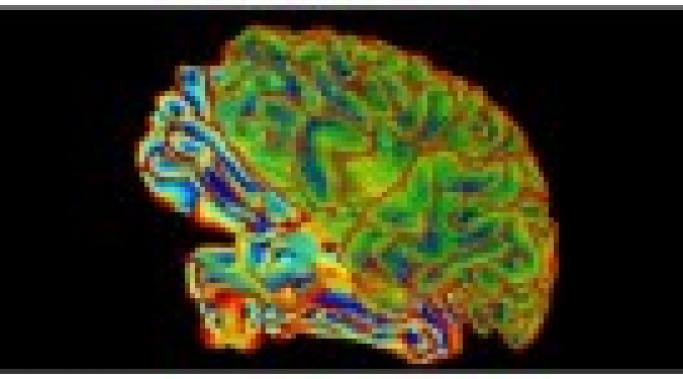I've been learning in therapy that so many of the things I've accepted as "fact" all my life are actually subjective beliefs passed down from my family. I loved the challenge my therapist set me this week of deconstructing my family's beliefs on various topics, including mental health.
Mental Illness Research
Family expectations can be draining for a lot of reasons. Depending on what kind of family you come from, there’s a whole bunch of different unwritten rules about the types of lives we “should” live. My brother’s mental illness challenged our family expectations in a major way, and when I reflect on it I see that he changed our family culture for the better.
In January, wellness culture tends to be more prominent than ever -- it seems as if the whole world becomes intent on creating a healthier, more productive version of themselves. For those with mental illness, this narrative can be damaging. My brother, who has chronic anxiety and depression, has often spoken about how wellness culture can leave him feeling frustrated and inadequate.
Why does my loved one have a mental illness? Is there something I could have done to stop this from happening? I tormented myself with questions like this when my brother first became unwell with anxiety and depression -- and guess what? They only made things harder.
My son Ben spent his Saturday afternoon playing basketball with 3 friends.
If you, too, have a child or other relative living with mental illness, you know that this is a small miracle - or maybe not so small. Ben's social brain function has been among the victims of his schizophrenia. But it's possible that it can come back - and, in some ways, it has begun to.
The news is exciting: a research study has found that cognitive improvements are possible for those with schizophrenia - and that the results can stick. And even better: these results can be achieved with the help of a program to teach social and cognitive skills with the use of computer games. A reporter called me yesterday for a comment before she finished her article, and it certainly got me to reflect on my my son Ben, and how he is - slowly - beginning to show more signs of "growing up."
One of the very first "aha moments" for me, when I finally began to learn about schizophrenia and its symptoms, came with the information that it is a "double-edged sword" of positive (added to personality) and negative (taken away from personality).
I also learned, in NAMI's Family-to-Family course, about the concept of being "frozen in time" for many affected by mental illness.
[caption id="attachment_254" align="alignright" width="119" caption="Thomas Insel, NIMH"][/caption]
Let's hope so. Let's hope earlier detection is possible. Why? Because it's essential. At the NAMI Convention in Chicago a few weeks ago, Dr. Thomas Insel of NIMH (National Institute of Mental Health) said that more research dollars are spent on tooth decay than on mental illness. Really? Wow!






